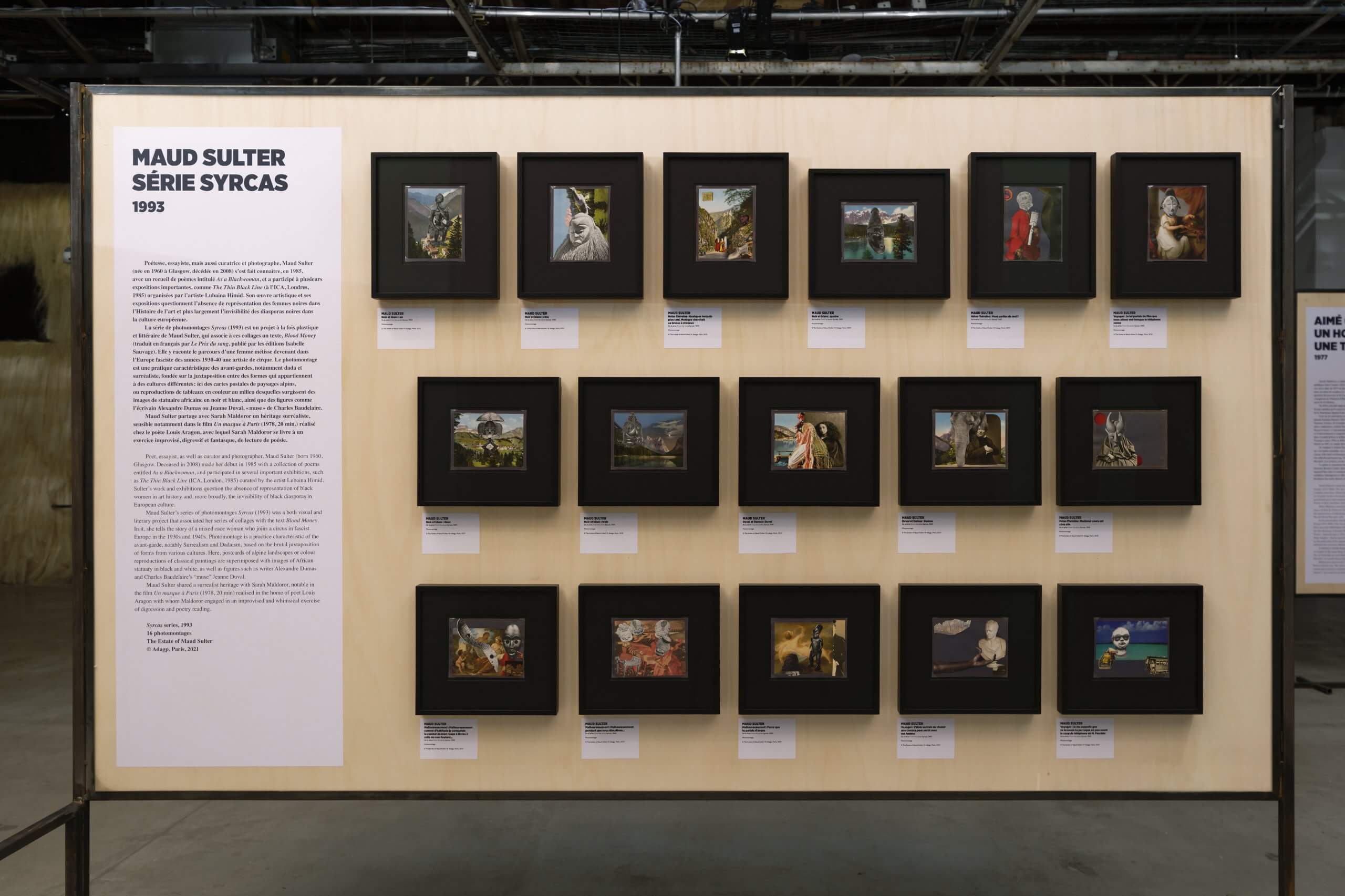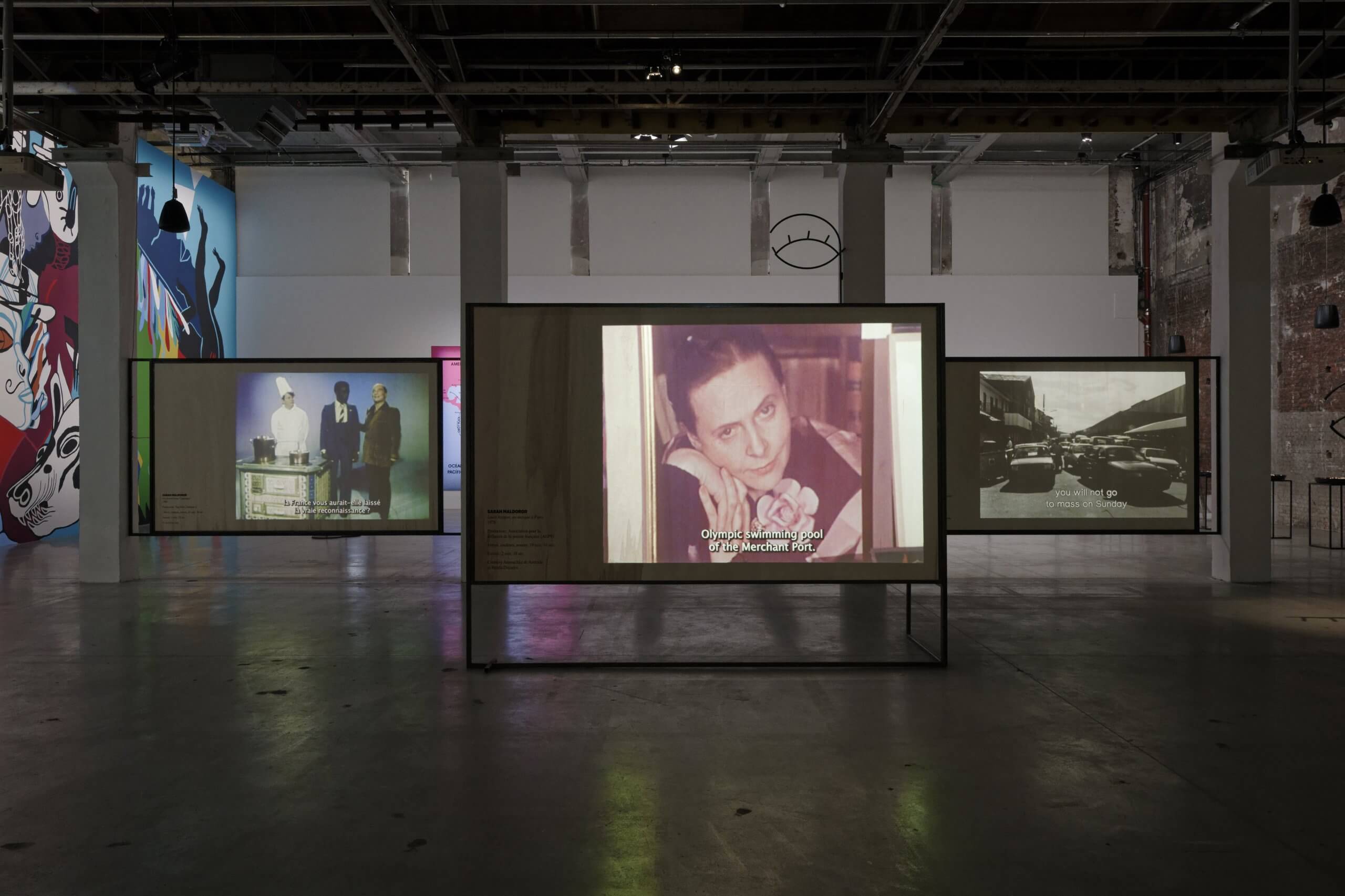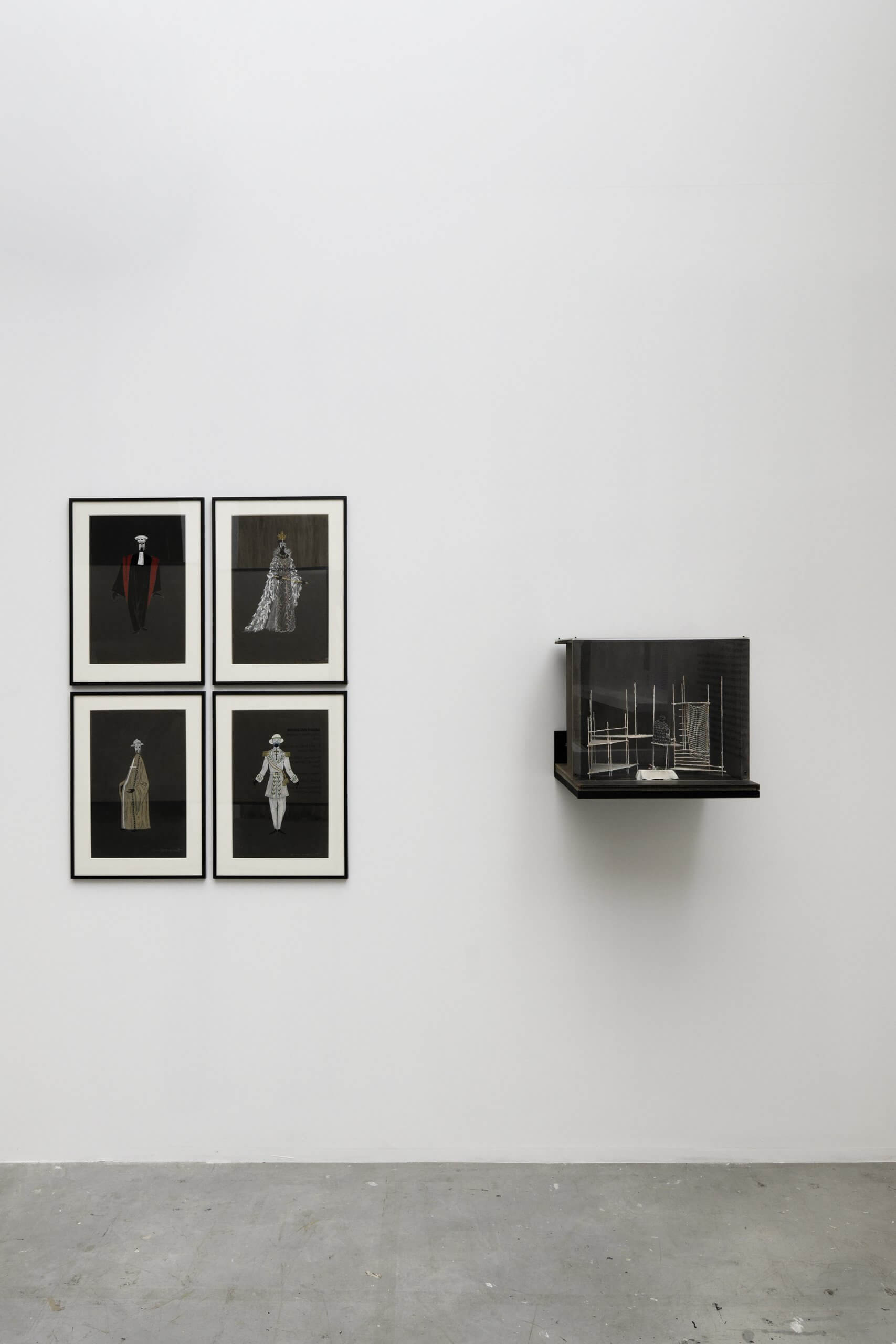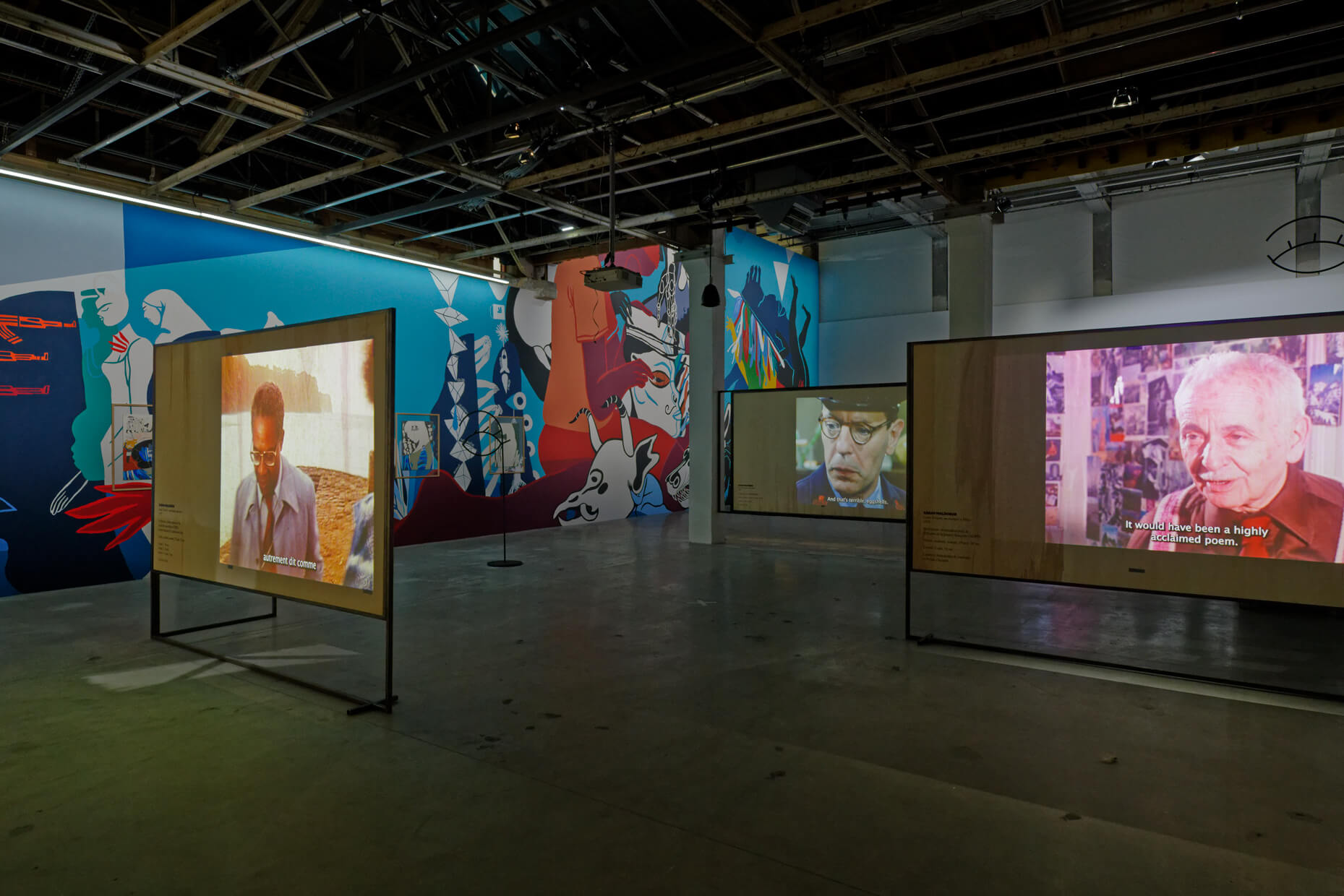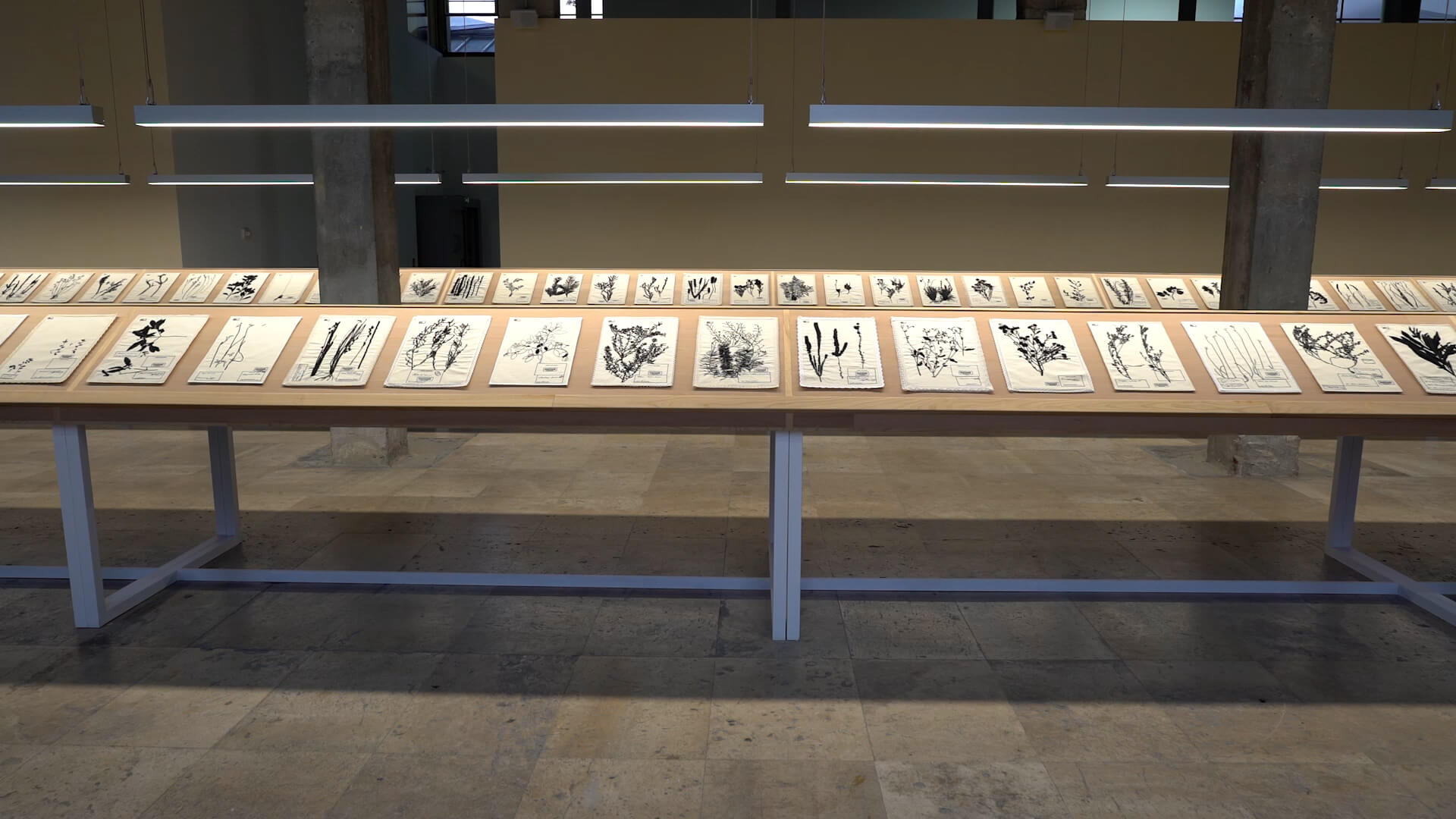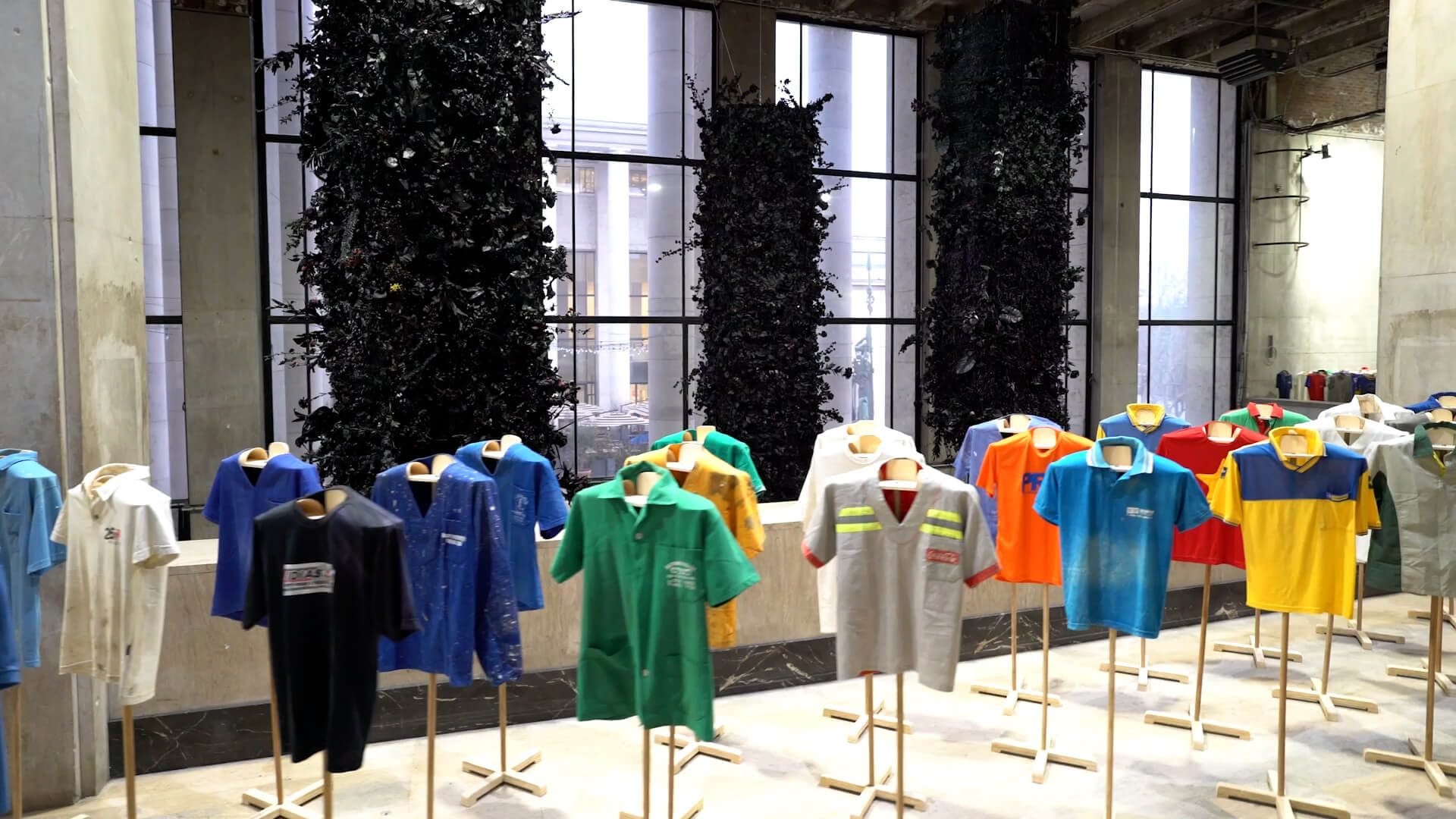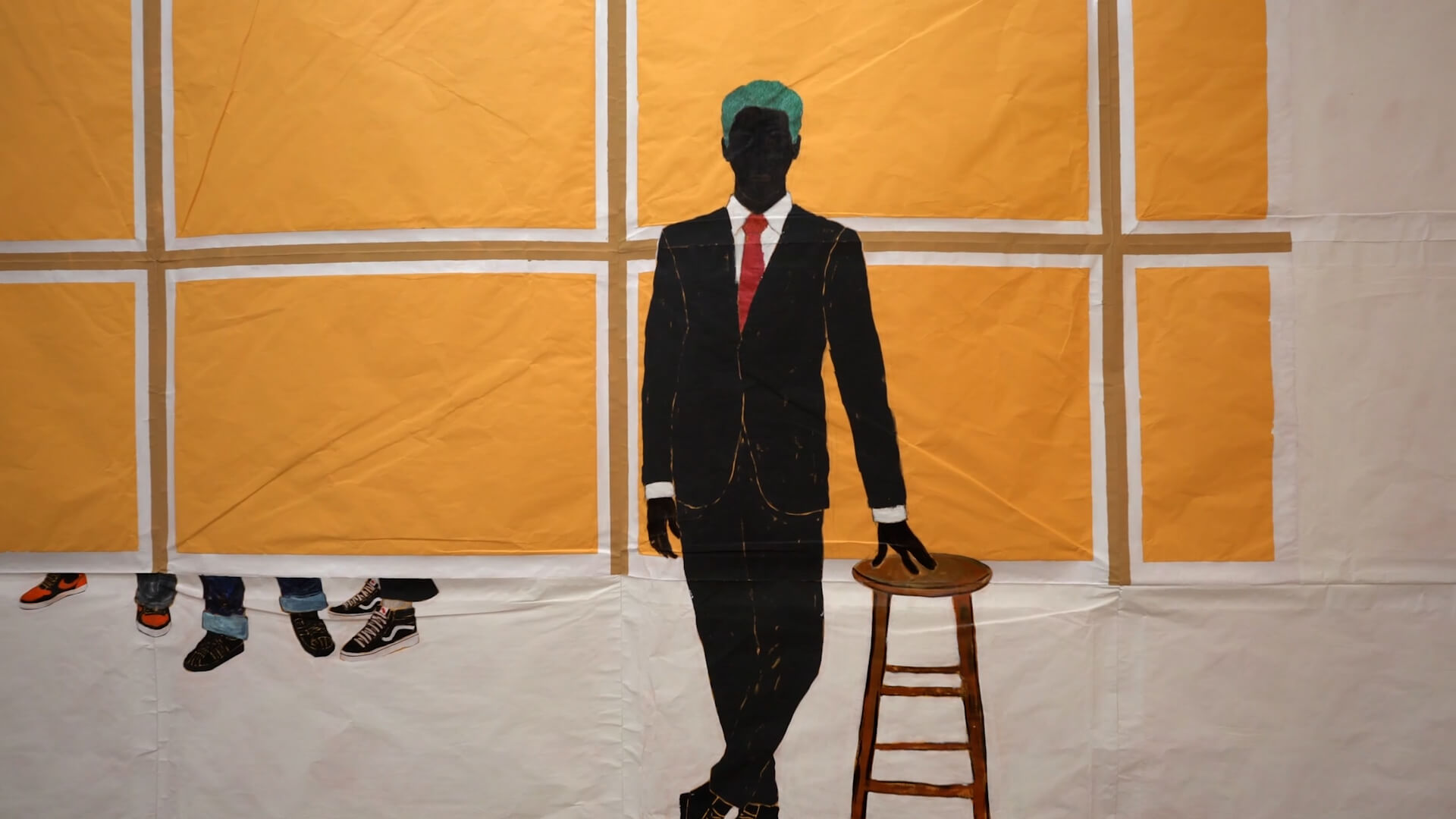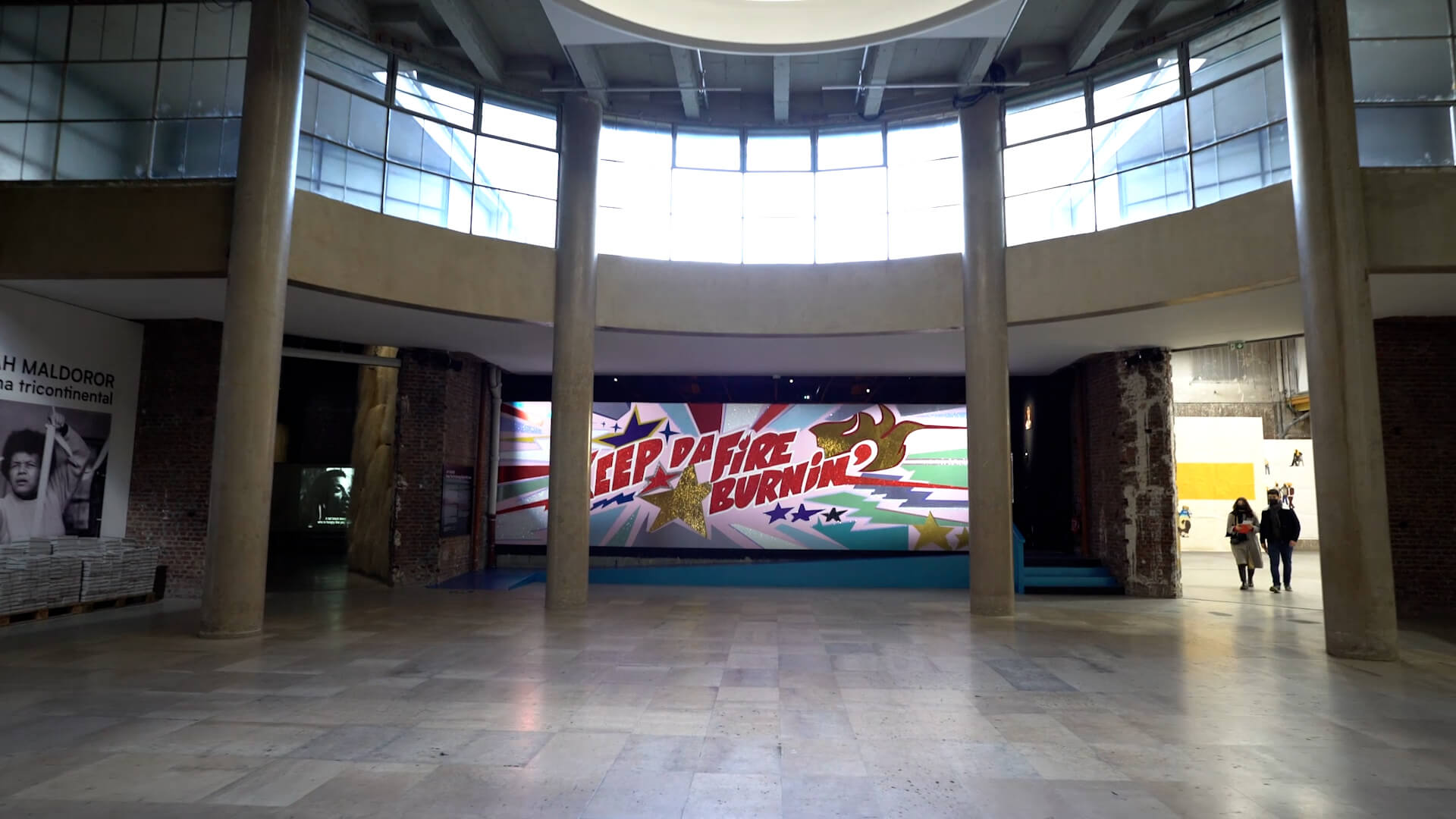SEARCH THE ENTIRE SITE
Video of the exhibition “Sarah Maldoror : Cinéma Tricontinental”
Sarah Maldoror : Cinéma Tricontinental
Sarah Maldoror: Tricontinental Cinema is the first exhibition dedicated to the work of Sarah Maldoror (1929-2020). It offers a chance to discover her cinematographic work and how she has been involved with the theatre, poetry and politics. Her multifaceted production where documentary alternates with fiction is a part of a revolutionary and decolonial cinema that is firmly anti-racist and unapologetically irreverent.
Born in the Gers, in south-west France, to a French mother and a Guadeloupian father, Sarah Maldoror is considered a pioneer of African cinema, engaged in particular in the liberation movements of Portuguese colonies (Angola, Cape Verde and Guinea-Bissau) but also close to the poets of the Francophone Caribbean (Césaire, Damas, Glissant). She plays upon these labels and proximities even as her work defies all frontiers of geography and genre.
Conceived as a landscape of films that superimposes histories and geographies, the exhibition looks back over the cities where Sarah Maldoror has lived – Paris, Moscow, Conakry, Algiers, Fort-de-France and Saint-Denis. It sheds light upon the dialogues that Sarah Maldoror instigated with intellectual, artistic and political figures including Mário Pinto de Andrade, Aimé Césaire, Marguerite Duras, Jean Genet, Chris Marker and William Klein; it also seeks to create new conversation with contemporary artists (Mathieu Kleyebe Abonnenc, Melvin Edwards, Ana Mercedes Hoyos, Kapwani Kiwanga, Maya Mihindou, Chloé Quenum, Maud Sulter and Soñ Gweha (formely known as Anna Tje)) and to praize the efforts of artists like Mathieu Kleyebe Abonnenc who have promoted awareness of Sarah Maldoror’s work in the field of contemporary art.
The exhibition also explores the difficulties that the filmmaker faced in gaining recognition for her work as well as in financing and circulating it. What emerges is a non- linear trajectory punctuated by “missing” projects that were never realized or that have since been lost. The exhibition brings together Sarah Maldoror’s work and her life trajectory as a filmmaker, a woman and a mother compelled by an urgent political imperative to take up the camera as much by an economic imperative to keep on working..
At once a form of poetic research and tool of struggle, the cinema of Sarah Maldoror should be understood through the prism of the currents of thought that marked the 20th century – and which find new echoes today – including Surrealism, Négritude, Pan-Africanism and Communism. One of the constants in her work is antiracism, omnipresent in her images – be it in her writing, her framing or her montage –which throw into sharp relief the absurdity of the discourses that underpin racism (Un Dessert pour Constance, 1979). This also led her to create numerous portraits, of black artists and poets (Léon Gontran Damas, Toto Bissainthe and Wifredo Lam) and of Black women in France (filmed in particular for the television programme Mosaïque in the 1980s).
Sarah Maldoror: Tricontinental Cinema offers an overdue opportunity to celebrate Sarah Maldoror’s profound engagement with poetry, theatre, music and visual arts. Her name – which she borrowed from the 1868 poem by the Comte de Lautréamont, Songs of Maldoror – links her to a literary genealogy which was decisive for her founding of in the theatre troupe les Griots as well as for her collaborations with the Art Ensemble of Chicago, saxophonist Archie Shepp, poet Louis Aragon, artist Ana Mercedes Hoyos and authors Luandino Vieira, Maurice Pons and François Maspero, amongst others.
In order to unfold these relationships, the exhibition is divided into two contiguous spaces: in one, an installation brings together extracts from films by Sarah Maldoror with a network of correspondence points in documents, paintings, installations, photographs and sculptures, as well as with a large fresco by artist Maya Mihindou that offers a dream-like version of Sarah Maldoror’s life. A screening room meanwhile hosts a programme of films, talks and performances.
The exhibition also extends across three other institutions in the Paris region, a means of evoking Sarah Maldoror’s unique cinematic geography: the Musée de l’Homme, Musée national de l’histoire de l’immigration and the Musée d’art et d’histoire Paul Eluard de Saint. Denis, which will screen films by Sarah Maldoror permanently during the time of the exhibition at Palais de Tokyo alongside archival presentations and events.
The exhibition Sarah Maldoror: Tricontinental Cinema also continues through a free tabloid-format journal edited by Cédric Fauq and François Piron, designed by Julie Héneault (Espace Ness) and coordinated by Clément Raveu. It brings together a collection of visual and textual documents assembled over the course of the research phase visible in the exhibition, including a new interview with Maldoror’s daughters, Annouchka de Andrade and Henda Ducados, which help to better contextualize and complete Sarah Maldoror’s biography and filmography.
From November 26, 2021 to March 13, 2022
Artists : : Mathieu Kleyebe Abonnenc, Kapwani Kiwanga, Maya Mihindou, Chloé Quenum, Soñ Gweha (formely known as Anna Tje), ainsi que les oeuvres et documents de Melvin Edwards, Jean Genet, Ana Mercedes Hoyos, Wifredo Lam, Chris Marker, Maud Sulter, Luandino Vieira
Curators : : Cédric Fauq & François Piron
Assistant curator : : Clément Raveu
